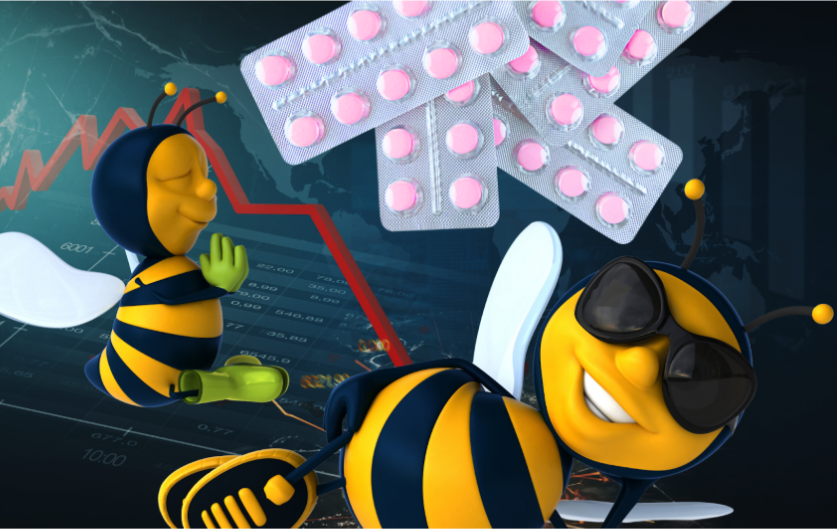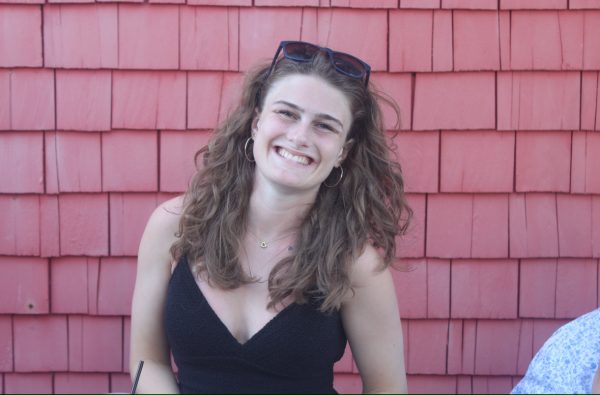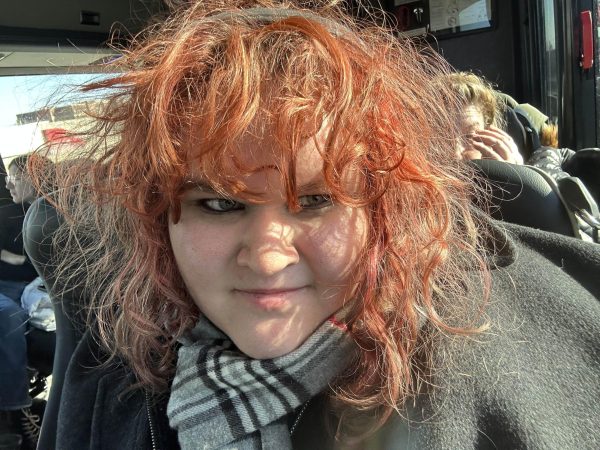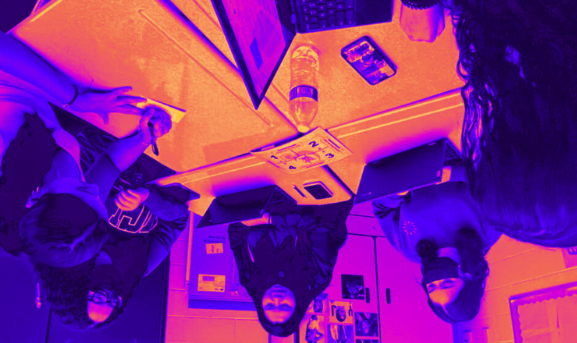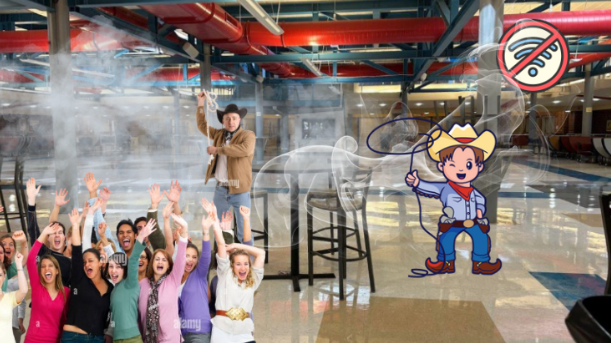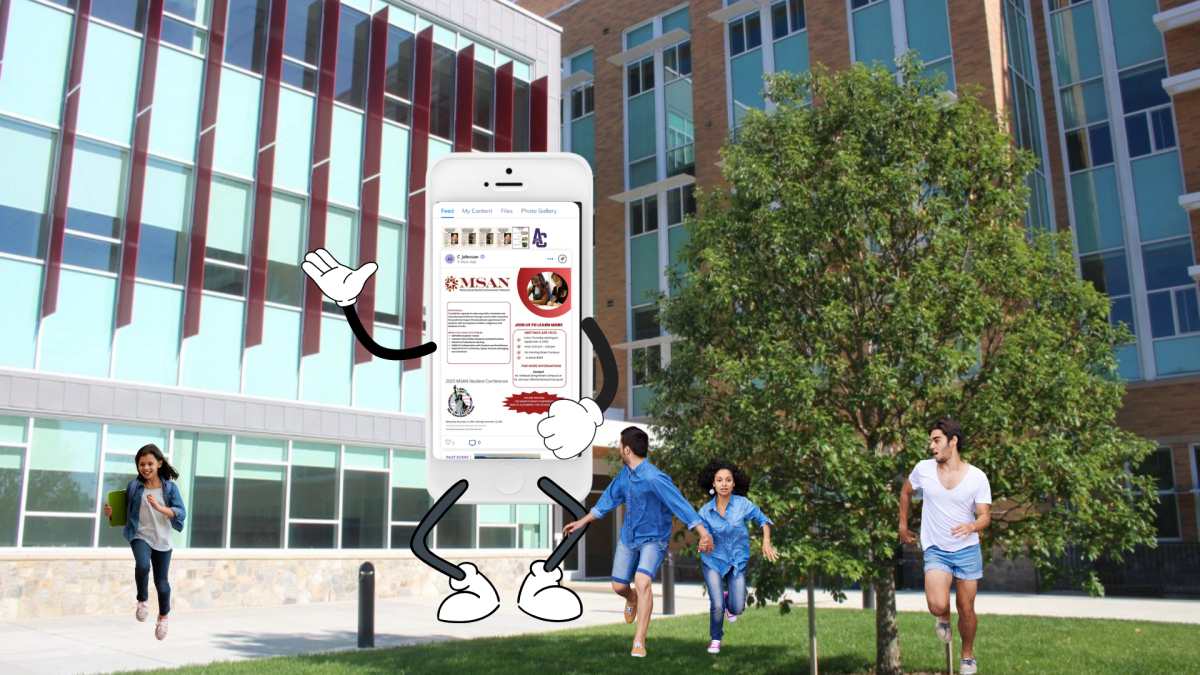The first week of school took a turn for the worse on Wednesday, August 20 when Patricia Evertson’s AP Environmental Science class was brutally attacked by yellowjackets during an outdoor biodiversity lab.
“Personally, I believe this was a skill issue,” said Everston. “A true environmental scientist, like myself, would never get stung.”
Students, covered in hives, were in dismay.
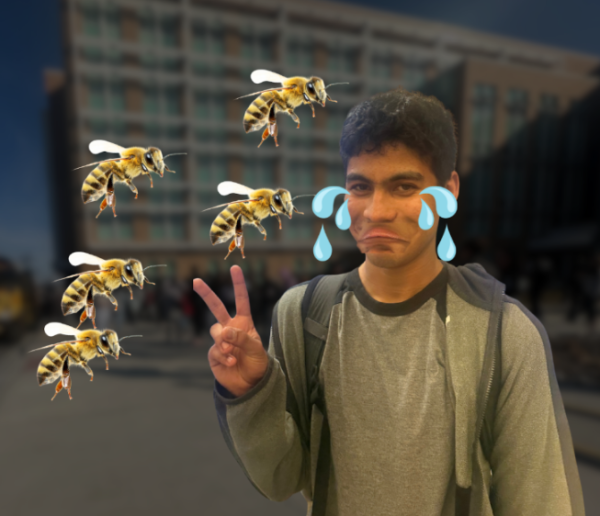
“Why me?! I don’t even care about biodiversity in the first place,” said super super super senior Rablo Pruz Crivera.
Stung students filed into the nurses office looking for salvation. However, their needs were not met when they were abruptly informed that a guardian must bring them benadryl to stop the spread of toxins left behind by the yellowjackets.
Catastrophe broke out as parents all over Virginia left their jobs to bring their kids benadryl.
“This is outrageous,” said Alexandria parent Alex P. Rent. “I work 27 jobs, 12 of which tie me directly to the security and safety of this country. Being pulled out to drop off painkillers is detrimental to the larger state of global affairs.”
Altogether, Aug. 20 saw a 67% decrease in Virginia employment and a 10000% increase in Benadryl sales. Across the state, pharmaceutical companies rejoiced, though the larger economy was in shambles.
Plummeting workforce efficiency forced essential services like hospitals, police, and firefighters to operate with minimal staff. Buses shut down, and remaining ACHS students not affected by the bees found themselves with no option but to walk between campuses.
When asked by Theogony to comment on the escalating economic crisis, Virginia Governor Lean Glunkin was curt.
“Don’t contact me if it’s not about trans people or phones,” Glunkin said.
In Alexandria, community concern is at an all-time high as it ponders the devastating long-term impacts on the economy.
“I’m not sure how we’ll be able to bounce back from this,” said ACHS Economics teacher Ed Gen Unity.
However, Patricia Evertson offers a different perspective.
“This is wonderful!” said Everston. “Think about how many less VOCs will be emitted now that transportation has collapsed.”


